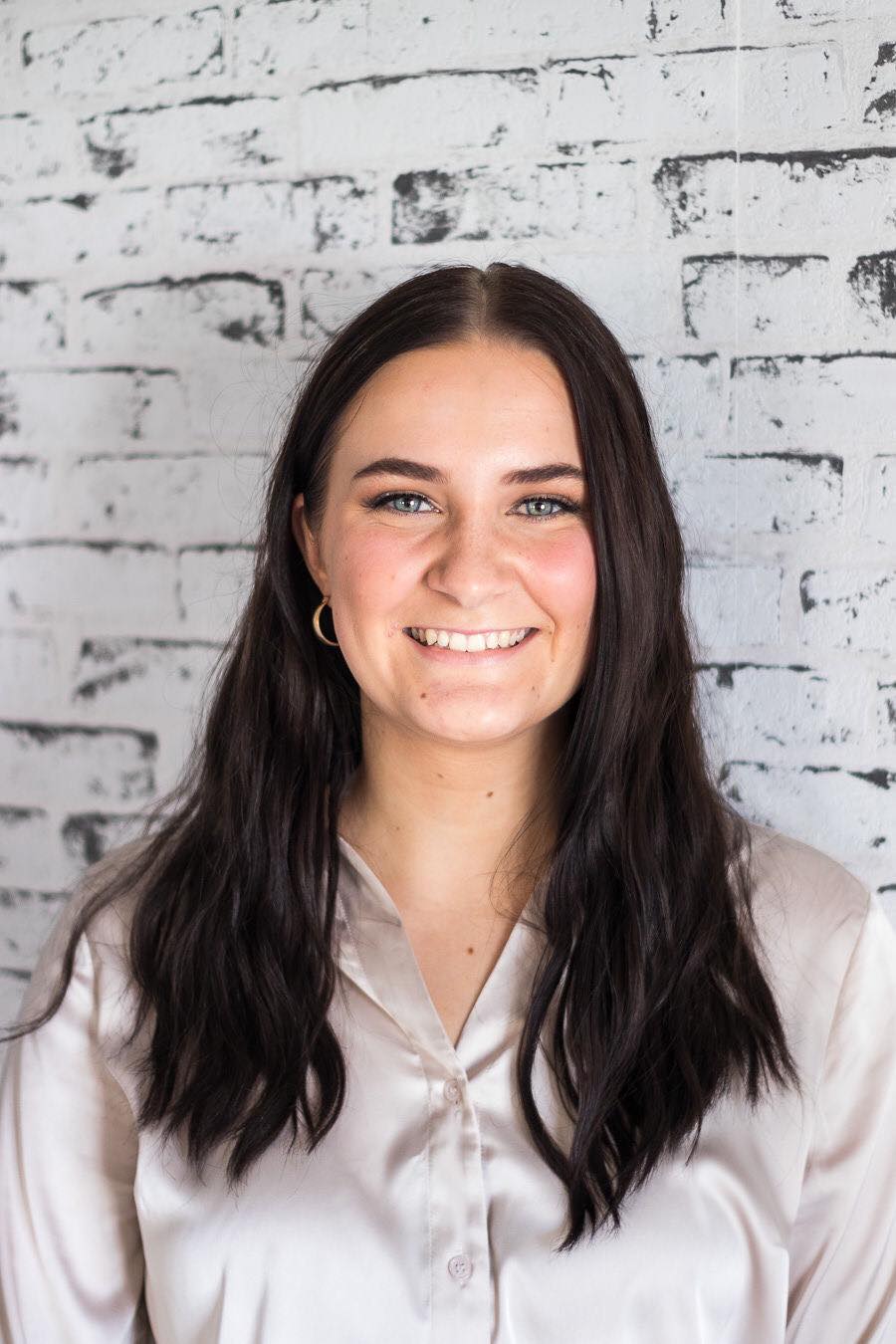In the midst of the worldwide pandemic, global warming, family and friends – and that assignment due next week that you’ve forgotten about – we all have daily stressors and things that can make us feel overwhelmed and anxious. It may be necessary to get some support to help you get back to the headspace you want to be in, and start feeling just that bit better.
In light of recent complaints published on UQ Stalkerspace directed at UQ’s mental health services, we reached out to Abi Cooper. Abi is a Mental Health Champion (MHC) at UQ and the co-chair of the UQ Mental Health Student Advisory Group. There are currently 9 members on the Board along with Abi. Her role includes guiding the implementation of the UQ Health Strategy, and represents the student voice. She let us know about what these initiatives do, and what they mean for students.

“I do advocacy on the side. I didn’t feel that in touch with the UQ community and was looking for a way in. I found the perfect way to put my skills to use and a great chance to give back to a community that’s given a lot to me – I don’t know where I’d be without the UQ support services.”
“Through the MHC initiative, UQ is aiming to implement a tiered system, providing different levels of crisis support. First step in that, be a friend to someone, chat to them, whilst recognising that we’re not clinicians. The next step is what support is available? Sometimes people just need to have a chat or need professional support so we will refer you onwards if necessary”.
A recurring theme in the Stalkerspace thread was that it is difficult to get timely and regular sessions, with some complainants waiting almost a month to get an appointment.
"There's real potential for MHC to assist the people who might just need that first chat"
“UQ services are overburdened,” says Abi, “too many people are coming in and there are not enough mental health professionals to deal with it. This is partly what the MHC initiative is trying to solve. There’s real potential for MHCs to assist the people who might just need that first chat. This is the idea of the tiered model.”
However, many students involved in the online discussion were not even aware the MHCs existed before UQ’s Uni Mental Health Day. The MHC initiative is a relatively new resource and so far no one has reached out to Abi yet. They are still trying to raise awareness of the initiative as UQ counselling services are often overloaded.
“There’s really no simple fix. There’s a lot of small changes that need to happen to help with uni stress, mental health, and wellbeing on campus. A lot of small changes as opposed to anything drastic.”
If you feel that the MHC program is something you may like to help with, the team would be happy to hear from you.
“To be a MHC you need to have a mental health first aid certificate, which you can get for free through the University. You need to be registered through the UQ Volunteer Portal, be a current student or staff member, and attend an induction session run by Kelly Edwards. The Champions network has regular Community of Practice sessions and training in a structured and safe environment to learn how to support people who are struggling.”
This resource, while valuable, is not a substitute for counselling sessions and is directed towards those who are experiencing low levels of stress.
As Abi recommends, “If you feel like you need urgent care, there’s a range of services outside of UQ or online resources as well. UQ has a number of links on their page. Look for bulk billed practices and ask your GP where you can go. This can be a good mid-way point before you can get to a UQ counselling session. If you’re an international student, it can be really good to contact your insurance provider.”
Don’t hesitate to check out the MHCs as well as other services from UQ and elsewhere if you feel that you may need some support. A conversation is the first step on the road to feeling better and getting the help you need to feel more like yourself.
We hope UQ will continue with its promised tiered system, providing further and more substantial mental health support. UQ Central Services will continue to provide trained mental health support for students through their counselling system, supported by the worthwhile and meaningful work of the MHCs.
If you are feeling in need of support, you can:
Check out the MHC network and get in contact with one of the dedicated MHCs.
Book an appointment to see a UQ counsellor or mental health professional.
Consider consulting outside services such as Headspace, Reach Out, and Beyond Blue.
Article: Nathan Wood, Interviewer: Rosie Bensley
